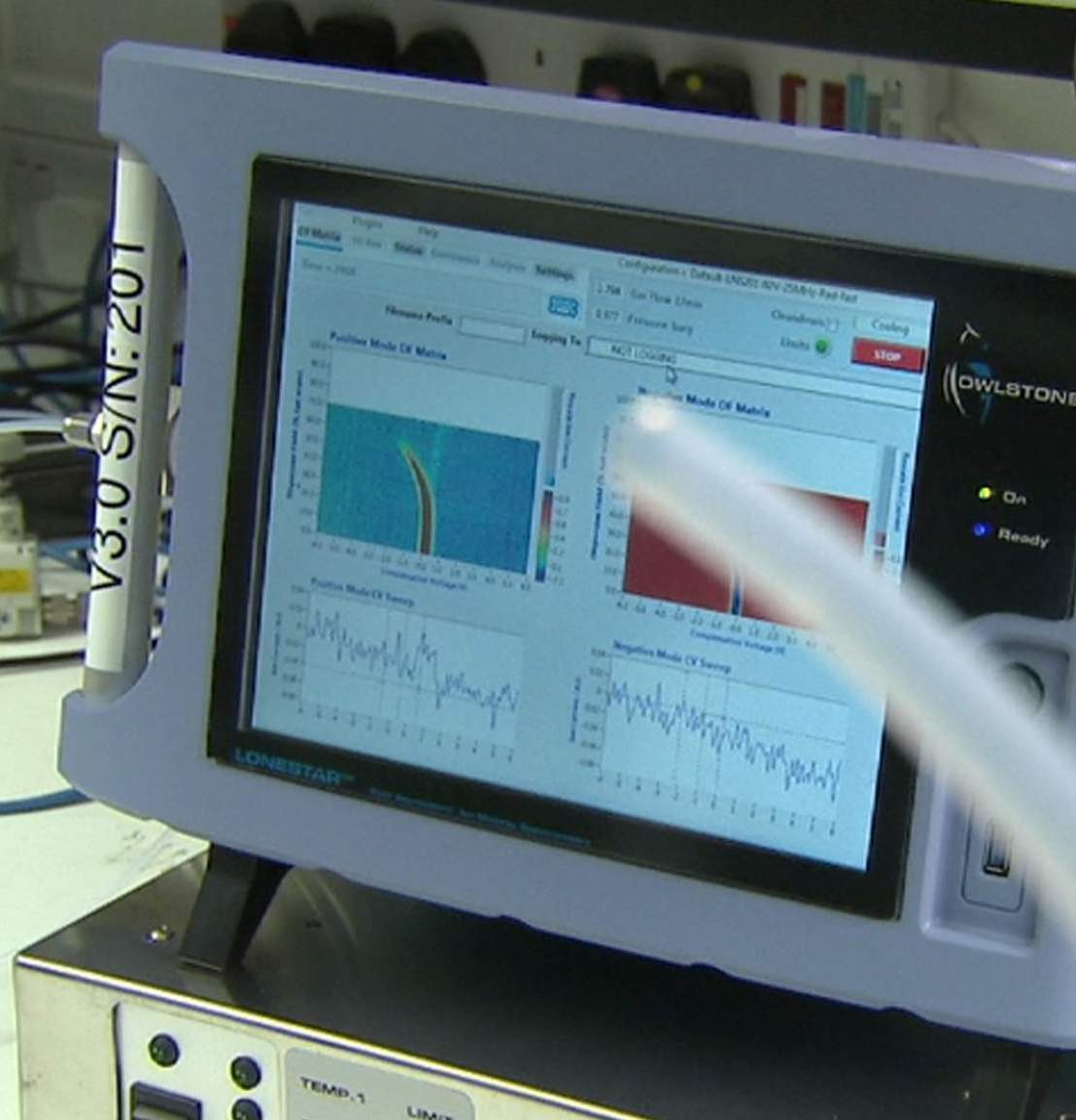Revolutionary lung cancer ‘breathalyser’ to go on trial in British hospitals
A “breathalyser” that can diagnose lung cancer will be used in two British hospitals this summer as part of a US$1.5 million clinical trial. The device was originally invented by engineer Billy Boyle to detect explosives in airports and on the battlefield, but he refocused on medical applications after his wife Kate Gross was diagnosed with colon cancer at the age of 34, in October 2012. Diseases like lung cancer produce miniscule but unique chemical traces. The LuCID (lung cancer indicator detection) project by Owlstone, the company founded by Boyle, analyses the chemicals present in a person’s breath.
It’s important to get the clinical evidence first. But we think we can have systems available, proven, within the next two years.
Billy Boyle, inventor of the lung breathalyser
The breathalyser can indicate illness long before symptoms become obvious – and early detection yield vastly higher survival rates. Boyle’s wife, who was diagnosed late, died after two years with cancer. “Me and my wife talked about different applications of Owlstone’s technology,” says Boyle. The machine can be applied to other diseases too, including bowel cancer, tuberculosis and asthma. “You develop technologies for a reason. Sometimes it’s for monetary gain. Other times it’s to make a difference,” says Boyle. “I think we have a real opportunity to try and improve the lives of patients.”

Technology lung cancer